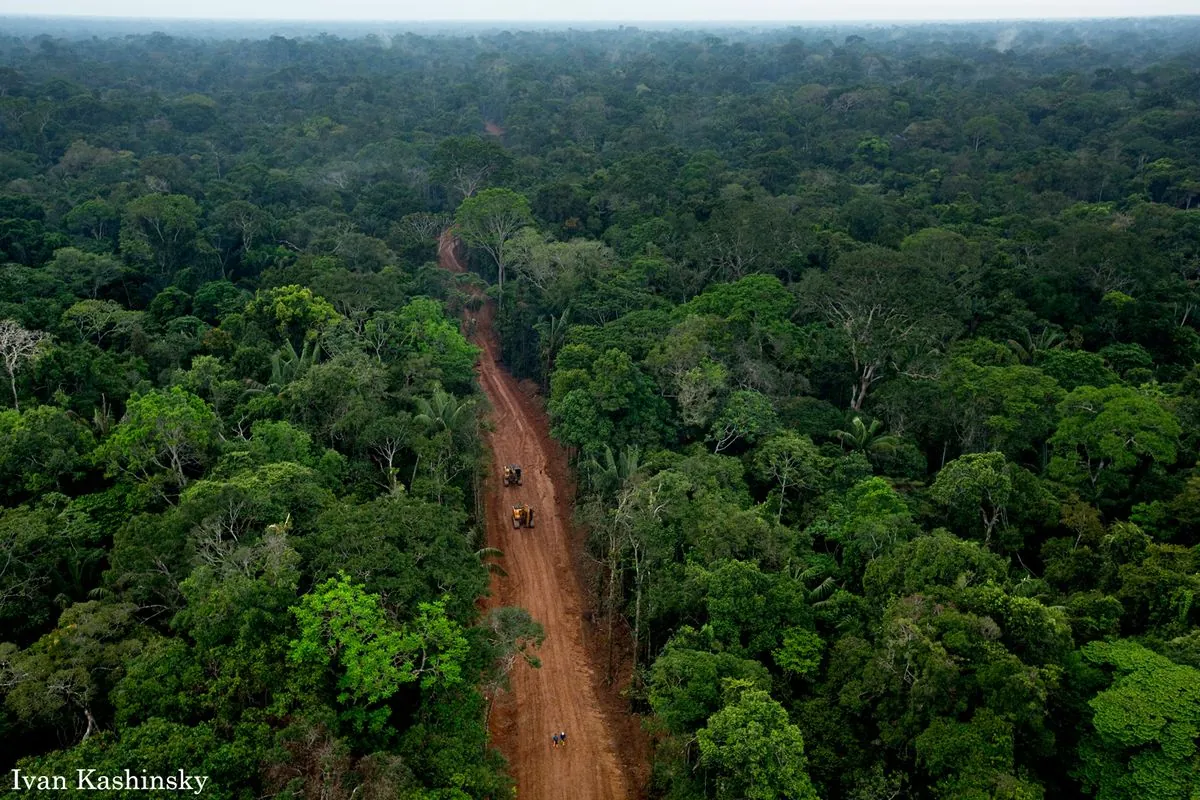Ecuador Begins Oil Well Closure in Yasuni Amid Controversy
Ecuador's government has started dismantling oil infrastructure in Yasuni National Park, closing one well out of 247. This action comes amid criticism over slow progress in implementing a year-old referendum decision.

Ecuador's government has initiated the process of dismantling oil infrastructure in Yasuni National Park, a move that comes amidst controversy and criticism. The Ministry for Energy and Mines announced the closure of one well out of 247 in the 43-ITT block, specifically the Ishpingo B-56 well. This action occurs as the court-imposed deadline for completion approaches, set for August 25, 2024.
The decision to halt oil drilling in Yasuni National Park was made through a historic referendum in August 2023. However, the Waorani Indigenous people, who have inhabited the Ecuadorian Amazon for centuries, and various rights groups argue that minimal progress has been made in the year since the vote.

Yasuni National Park, established in 1979, is renowned for its exceptional biodiversity. Covering an area of 9,820 square kilometers, it is home to over 2,000 species of trees and shrubs, more than 600 bird species, and a vast array of amphibians and reptiles. This ecological treasure trove is considered one of the most biodiverse places on Earth.
The Ecuadorian government has requested an extension of five years and five months from the constitutional court for the state-run oil company Petroecuador to cease operations and withdraw from the area. Antonio Goncalves, head of the Ministry for Energy and Mines, stated:
"I have come to verify that the decision of last year's referendum, where the citizens voted in favor of the closure of this field, is being complied with. To comply with the closure of the ITT is not an easy job, it requires special and technical planning."
The government has previously indicated that all wells should be offline by December 2029. However, this timeline has been met with skepticism and criticism from environmental organizations.
Kevin Koenig, climate and energy director for the nonprofit Amazon Watch, expressed concerns about the government's compliance with court orders and the will of the Ecuadorian people. He emphasized that the closure of a single well does not equate to fulfilling the court's mandate or respecting the rights of the Waorani people.
The situation is further complicated by Ecuador's economic reliance on oil. The country's oil production peaked in 2014 at about 557,000 barrels per day, and oil exports account for approximately 50% of the nation's export earnings. The ITT (Ishpingo-Tambococha-Tiputini) oil field alone is estimated to contain 846 million barrels of crude oil.
Ecuador's history with oil is intertwined with its economic development. Oil was first discovered in the country in 1967, and Ecuador has been a member of OPEC since 1973, with a brief withdrawal from 1992 to 2007. The government estimates that ending oil drilling at the 43-ITT oil block could cost $1.3 billion, presenting a significant economic challenge.
The controversy surrounding oil extraction in Yasuni also highlights the unique aspects of Ecuador's environmental policies. In 2008, Ecuador became the first country in the world to recognize the rights of nature in its constitution. This progressive stance, however, has often been at odds with the country's economic realities.
As the situation unfolds, the world watches to see how Ecuador will balance its economic needs with its commitment to preserving one of the planet's most biodiverse regions and respecting the rights of its Indigenous peoples.


































